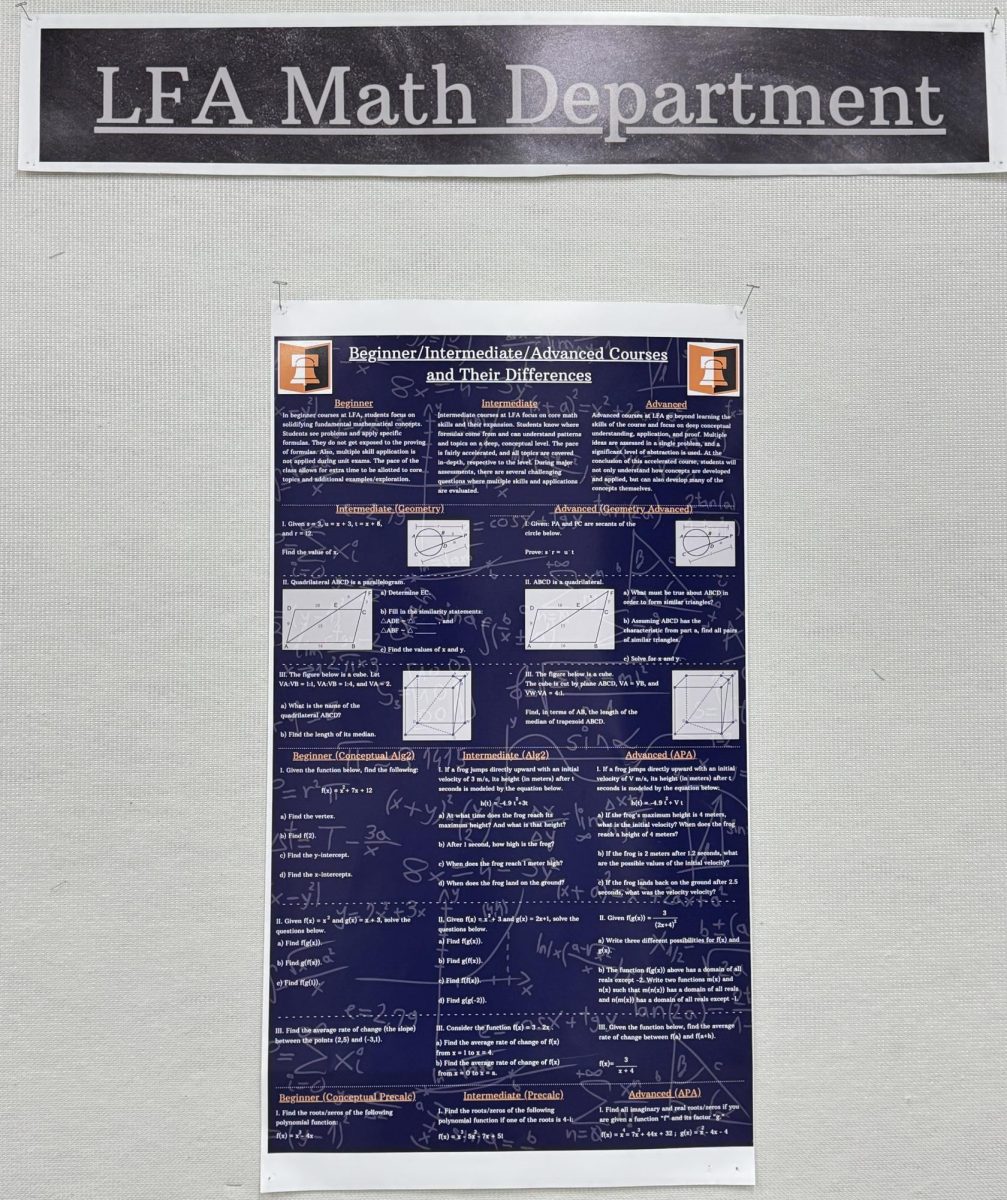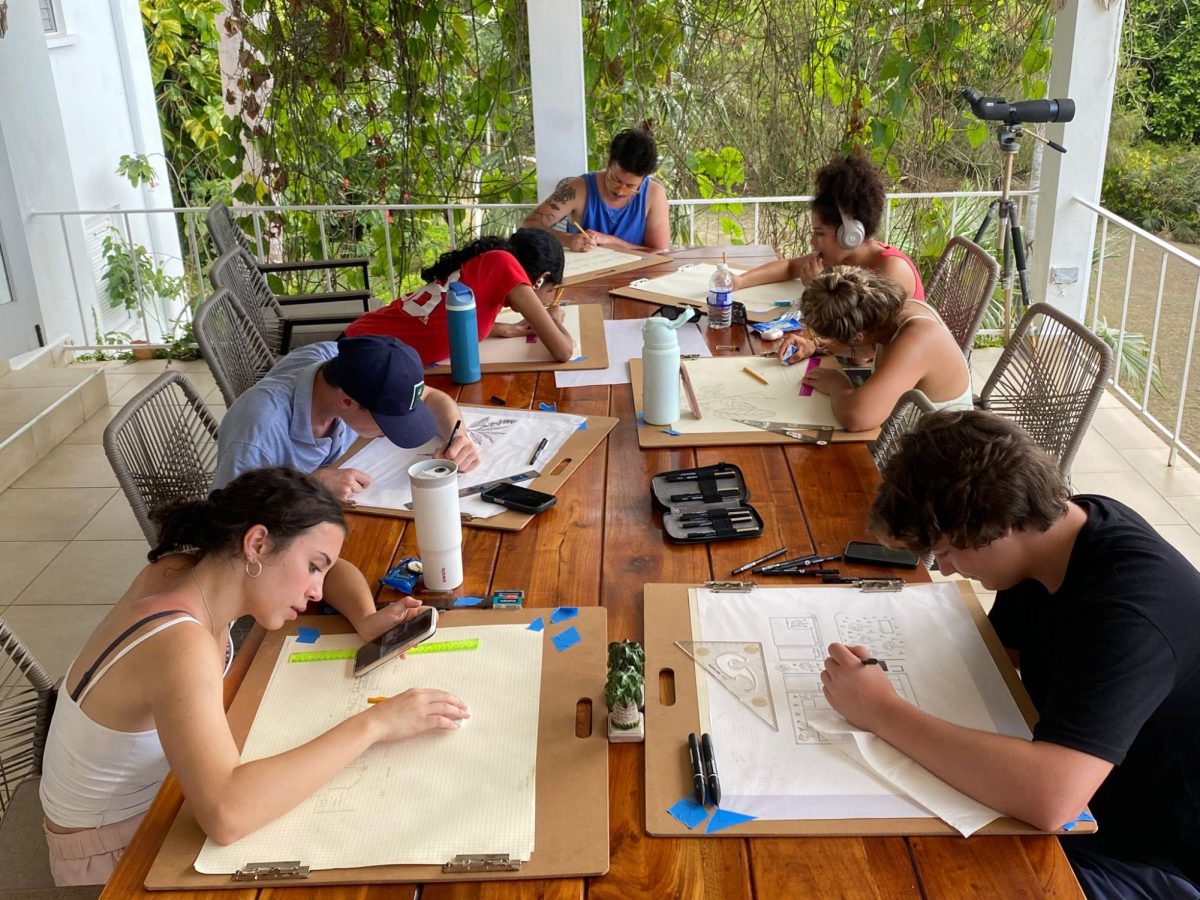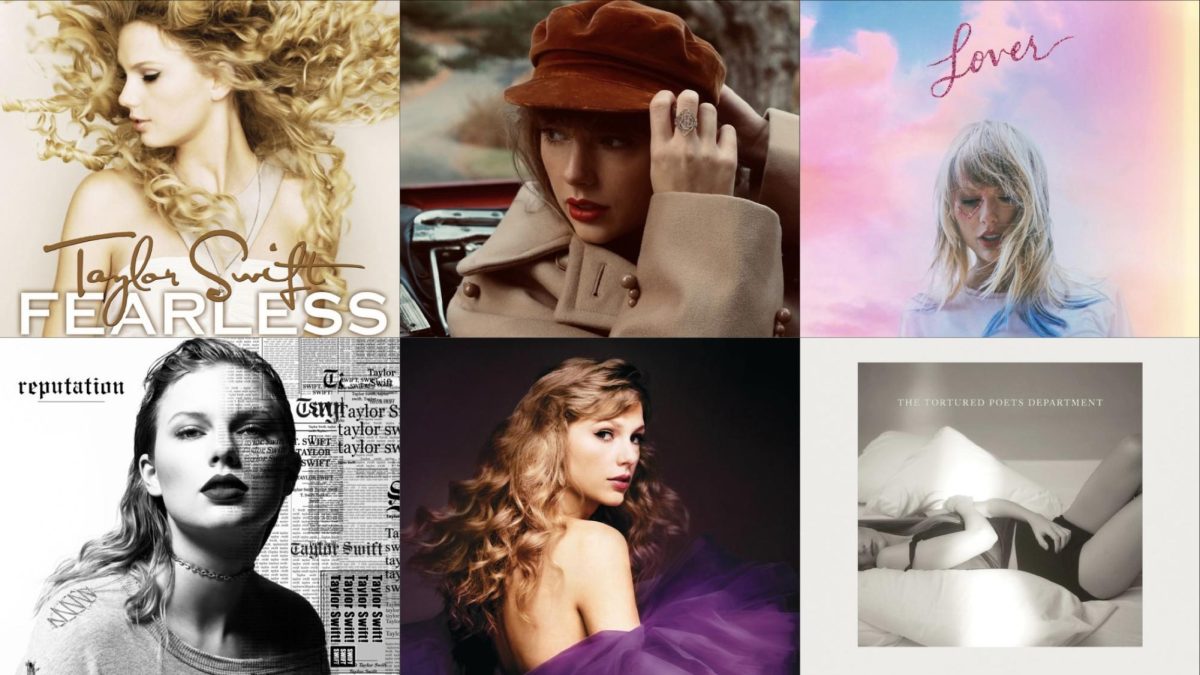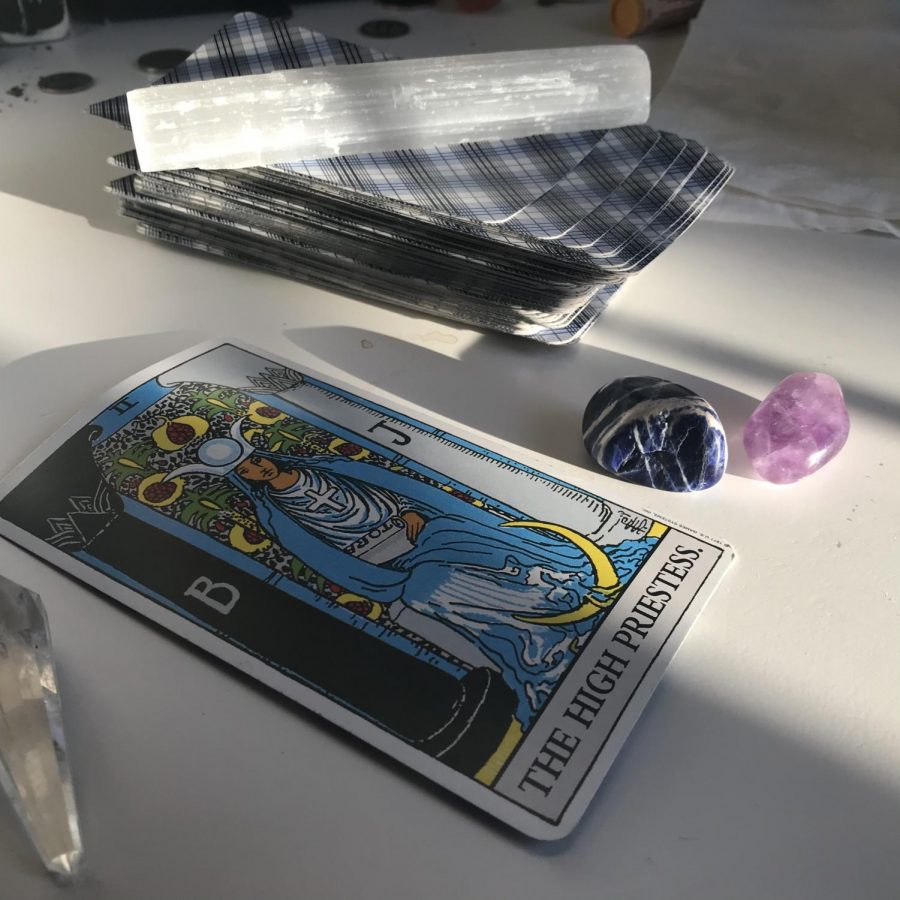Stolen Spirituality: Appreciation vs Appropriation
Photo by Tyler Watts
Tarot cards and crystals are examples of popular “spiritual trends”
December 12, 2020
Spirituality has grown to be attached to numerous meanings and personal connections, regarding the human spirit and the beliefs that people hold in a more religious aspect. The concept of spirituality varies from person to person. It all depends on the way people are getting in touch with their cultural and spiritual roots. Whether there is a cultural obligation, social obligation, or no obligation, more people are getting connected to their spirituality in 2020, even if the conclusion is that they do not align anywhere in particular.
People are making a point to be more socially and culturally aware, and within that, old ways to express spirituality are discovered by new people. There is a drive to find a way to expand the spiritual connection that people have. Of course, it is remarkable that people are discovering ways to find their spiritual connection to the world; however, some unintentionally appropriate religious practices from both closed and open practices.
Usually, it is acceptable to be misinformed as long as the steps to get more informed after the incident are taken. Still, many people are going about their spiritual journey quite publicly, leading to even more trouble. Being disrespectful on camera or in the watchful eyes of the internet never goes away and could become a problem later on, sabotaging careers or relationships.
For example, Cardi B recently had to apologize for posing as the Hindu goddess Durga on a magazine cover because It was disrespectful to pose as a god in an attempt to be artsy. Religions that are not one of the three Abrahamic religions of Islam, Judaism, and Christianity are often practiced to be “aesthetic” rather than to feel an actual spiritual connection. It is an appropriation of spirituality, and it makes the people who practice it feel disrespected.
While it may be unintentional, it is crucial to research before engaging in more religious-specific practices. The connection between tradition and modernity is something that is always changing; however, things that deal with spirituality and, in some cases, religion deserves a certain level of respect. Symbols such as the evil eye are coveted as a spiritual and cultural symbol in various ethnic groups across the world. Using it without understanding the true meaning, especially on a public platform, can be disrespectful and offensive to those who hold the symbol close to their heart.
Often, people accidentally disrespect closed practices such as Voodoo, Santeria, Shamanism. Closed practices are restricted to a particular group of people with specific requirements, although people can be initiated into closed practices. After initiation, it is appropriate to take part in and explore a closed practice, however out of respect for the culture and the people who engaged in the practice, do not engage if there is no explicit permission. When researching a spiritual practice or potential religion, figuring out if the practice is closed is essential.
Being informed and educated on the roots of new practices used on the individual’s spiritual path is essential. It could help decipher what the activity means to the individual engaging in it and sort out whether it is the right decision for them in general.
For example, the Chakra system which originated in India some time ago, is frequently used by people in the present who do not truly understand it. Just google chakras; there will be hundreds of videos, articles, blog posts, and even podcasts full of explanations about the system and how to navigate it, which would usually be considered useful. The issue is that not all of that information is correct. People can tend to follow this misinformation further, and it leads to eventual appropriation. A prime example of this would be Tiktok, a place for people to share videos of themselves for others’ entertainment.
Many people use the app to post videos explaining various things about their spirituality, which has historically been a very private thing. Still, in an attempt to spread information, people have been taking to public platforms. While there are people out there to inform, there are others who want likes or attention. Some creators will spread misinformation about witchcraft, tarot readings, the use of crystals, and paganism. They were telling the general public sometimes completely untrue facts about spirituality.
The outcome of this widespread misinformation is appropriation. People can misuse different terms about witchcraft and take items and practice paganism in a disrespectful or mocking manner in an attempt to be more informed. The moral of the story is that it is necessary to fact check and do proper research before engaging in spiritual or religious practices that are new on the individual spiritual path.






































KP • Jul 11, 2022 at 12:45 am
I am someone who is more eclectic in my approach to spirituality. I don’t consider any practice “closed”. We are all human. Spirituality, in part and to me, is about finding meaning that transcends my circumstances and expressing that meaning in how I live my life. The practices of different cultures in the world can be learned from and applied by anyone.